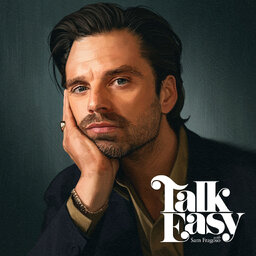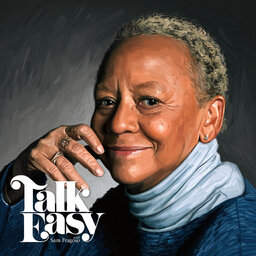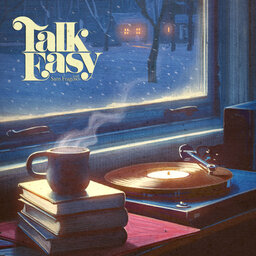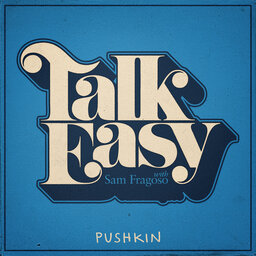Comedian Ramy Youssef Returns with ‘More Feelings’
This weekend, comedian Ramy Youssef released a powerful and personal new HBO special, More Feelings.
To commemorate the one-year anniversary of our first talk, we begin with a phone call with Ramy (5:35). Then, we dive into our talk from 2023, discussing the third season of his Hulu show Ramy (32:59), a timely scene from the show (35:46), and the questions that shaped it (39:37). Then, we walk through his coming of age as a first-generation Egyptian-American in New Jersey (42:28), his early forays into film (47:07), and the sketch inspired by his life-altering Bell’s palsy diagnosis (48:25).
On the back-half, we discuss Youssef's television debut in the sitcom See Dad Run (59:00), how he found his “essence” as a performer (1:00:54), and the politics of his stand-up comedy (1:03:50). To close, he describes the influences behind Ramy, from The Carmichael Show to Curb Your Enthusiasm (1:08:25), a philosophy that guides his work (1:14:58), and the future of the series (1:21:36).
For questions, comments, or to join our mailing list, reach me at sf@talkeasypod.com. This conversation was recorded at Spotify Studios in Los Angeles.
In 1 playlist(s)
Talk Easy with Sam Fragoso
Talk Easy with Sam Fragoso is a weekly series of intimate conversations with artists, activists, and…Social links
Follow podcast
Recent clips

The Year of Actor Sebastian Stan (‘The Apprentice’)
1:16:35

Remembering Poet Nikki Giovanni
44:21

Talk Easy in 2024: A Mixtape
58:40
 Talk Easy with Sam Fragoso
Talk Easy with Sam Fragoso